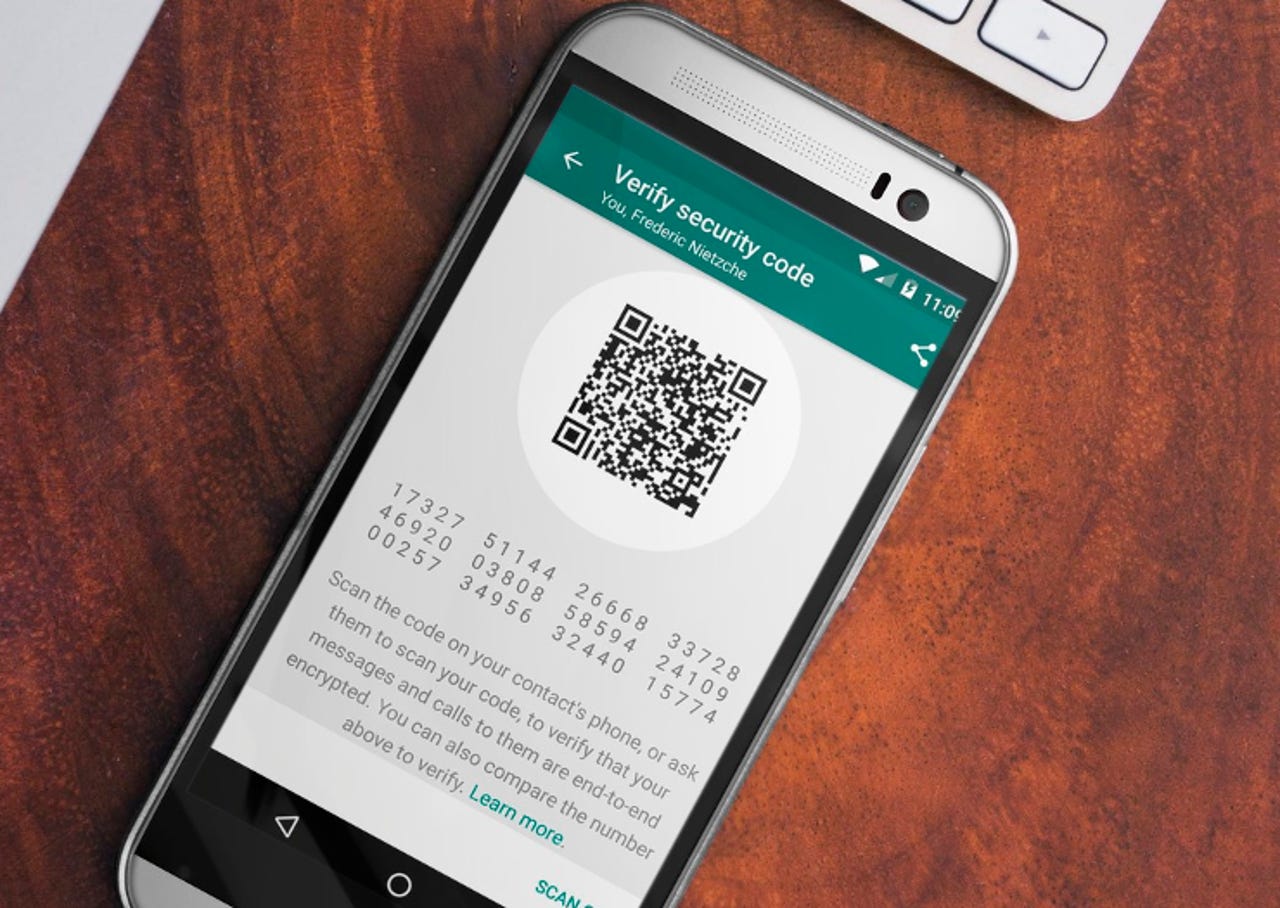Americans "divided" on giving feds access to encrypted messages


WhatsApp provides end-to-end encryption, preventing eavesdroppers from reading messages. (Image: file photo)
Americans "remain divided" on whether the government should be able to access their private encrypted messages, according to new research.
Pew Research found in its latest report on cybersecurity that 46 percent of Americans would allow the government to access encrypted communications to investigate a crime, whereas 44 percent are in favor of encrypted apps and messaging that are unbreakable to law enforcement.
The breakdown works out as predominately Democrats and young adults being in favor of strong encryption.
But what's interesting is that while Americans are split on the topic, the numbers appear to be balancing out after the Apple-FBI ruckus last year, which saw "crypto wars" hit the mainstream press.
The brouhaha began when the FBI demanded that Apple build software to bypass the encryption on the iPhone used by one of the San Bernardino terrorists.
Apple refused to comply with the order, which it argued would create a backdoor and set a "dangerous precedent."
At the time, however, Pew said that 51 percent of Americans were in favor of requiring Apple to help unlock the iPhone at the FBI's request, with 38 percent believing Apple shouldn't help.
The poll this time around was more general and lacking context or consequence.
But as encryption becomes more ubiquitous without people necessarily even knowing, it will be harder for tech companies to reverse their trajectories on security and privacy.
And now with a new administration in power and policies set to shift, it'll be interesting to see how people's opinions change down the line -- if at all.